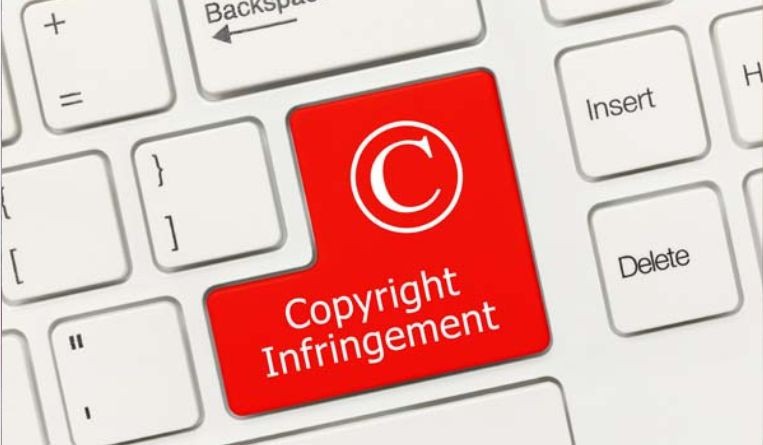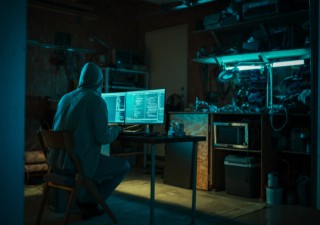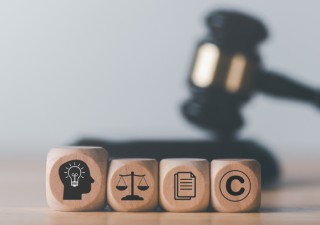India SC court ruling on cognizability, non-bailability of copyright infringement brings clarity
24 August 2022

Manisha Singh, co-founder and partner at Lex Orbis in New Delhi, said that the Supreme Court of India’s recent declaration that copyright infringement or offenses under Section 63 of the Copyright Act (1957) are cognizable and non-bailable, has given clarity to a legal issue that has brought about conflicting decisions from India’s courts.
When an offense is cognizable, it means a police officer may arrest in the absence of an arrest warrant.
“It is a welcome step. The law was divided on whether the offense is cognizable or non-cognizable and bailable or non-bailable… and offenders could take advantage of such ambiguity. This decision has now brought clarity,” said Singh.
Handed down on May 20, 2022, the ruling was made for the case Knit Pro International v. State of NCT of Delhi & Anr. Knit Pro which manufactures needles used for knitting, filed three cases against Anurag Sanghi who manufactured products which infringed Knit Pro’s copyright. The lower courts ruled in Knit Pro’s favor. This led Sanghi to initiate a case before the Delhi High Court on the basis that copyright infringement is non-cognizable and bailable. This time, the court decided that the offense is indeed not cognizable and is bailable as well. Knit Pro appealed to India’s Supreme Court and got a favorable decision.
According to Singh, the lack of clarity as to cognizability of the offenses prompts one to consider the First schedule, Part II of the Code of Criminal Procedure, 1973. It divides offenses, other than the ones falling under the Indian Penal Code, into the following categories:

Category 1: If punishable with death, imprisonment for life or for more than seven years; cognizable and non-bailable; triable by court of session.
Category 2: If punishable with imprisonment for three years and above but not more than seven years; cognizable and non-bailable; triable by magistrate of the first class.
Category 3: If punishable with imprisonment: less than three years or a fine; non-cognizable and bailable; triable by any magistrate.
Certain offenses related to copyright infringement, such as possession of plates used for making infringing copies, fall within Category 3. Still, the question remained: Is copyright infringement itself cognizable or not?
With the recent Supreme Court ruling, that question has been answered.
“It would prove to be a deterrent because in case of a cognizable offense, the police have the power to arrest without a warrant which will have a deterrent effect on the would-be copyright infringers. This, coupled with the chance of getting a jail term,” said Singh, “would deter anyone from committing such offence.”
Aside from the sense of clarity to an otherwise debatable issue, the ruling has provided other benefits.
“It has reinforced the fact that copyright infringement is a serious offense, and that copyrights must be sincerely protected. This will also help in reducing instances of piracy and shall promote originality in different forms of content and art,” said Singh.
- Espie Angelica A. de Leon






